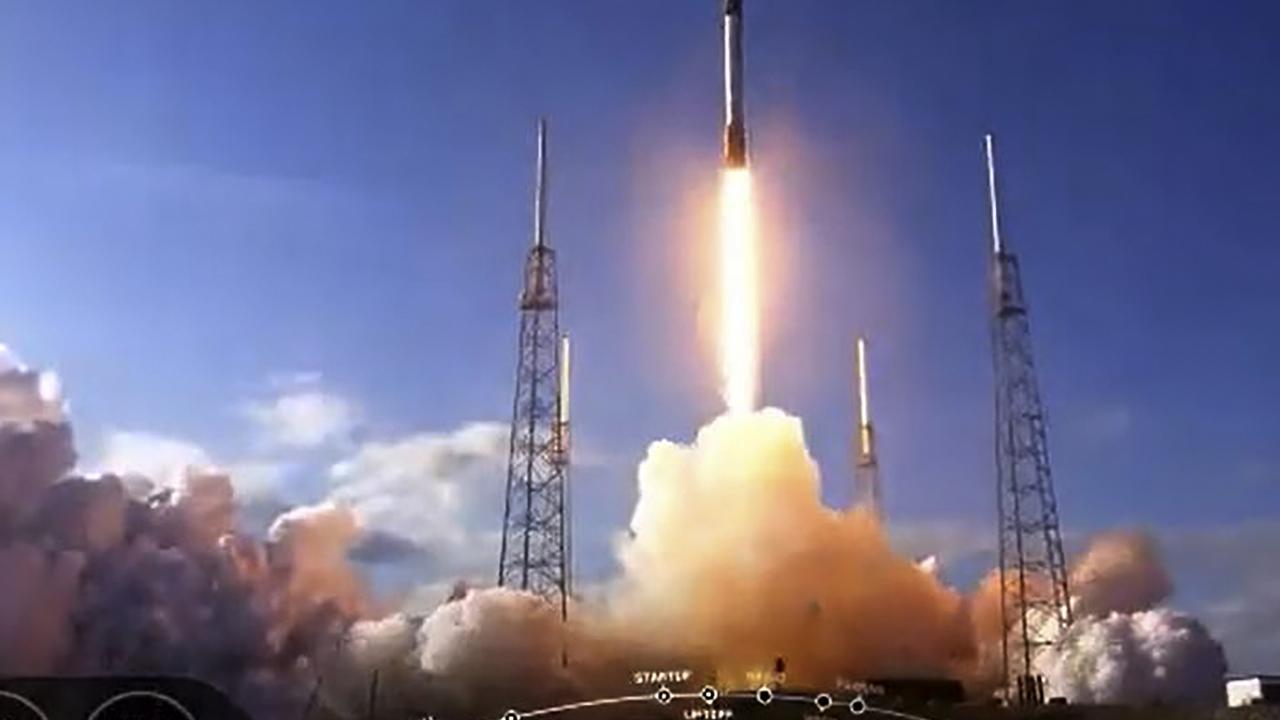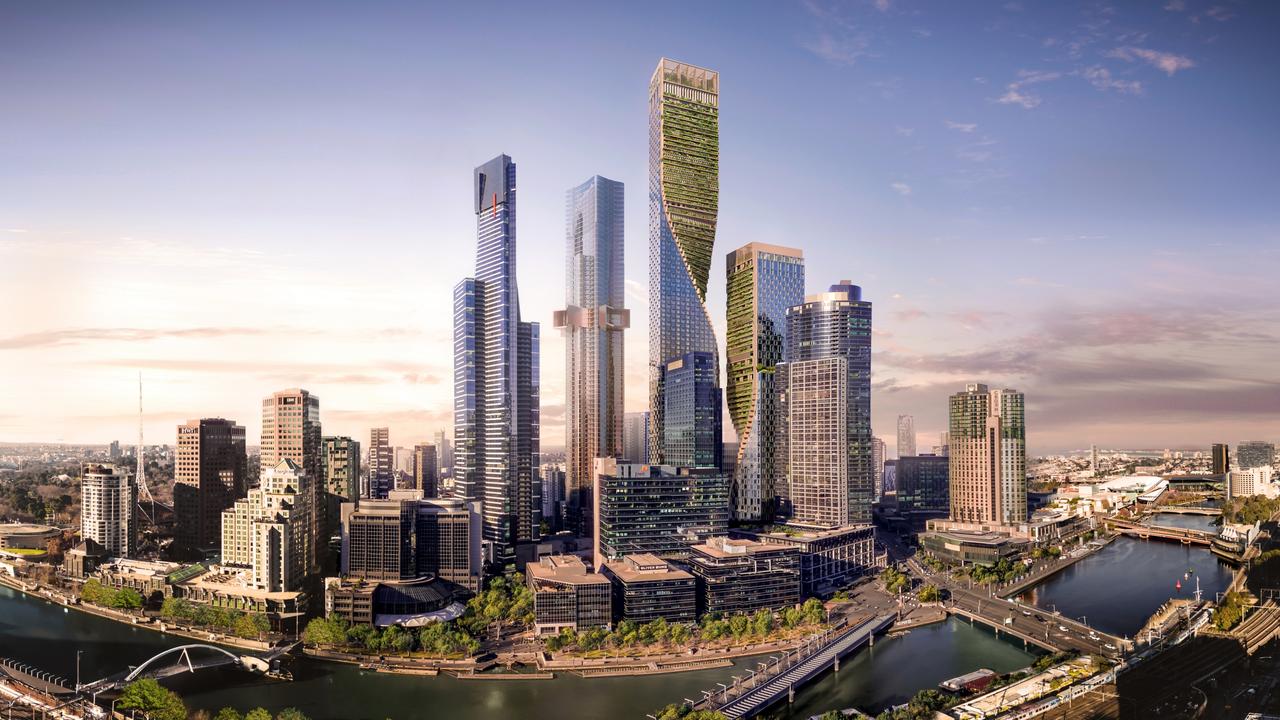Wine tariffs show betting on China still a high-risk business
Exporters carry deep financial scars after pinning too much of their growth hopes on China. With rising tensions in the world, they are right to remain wary.
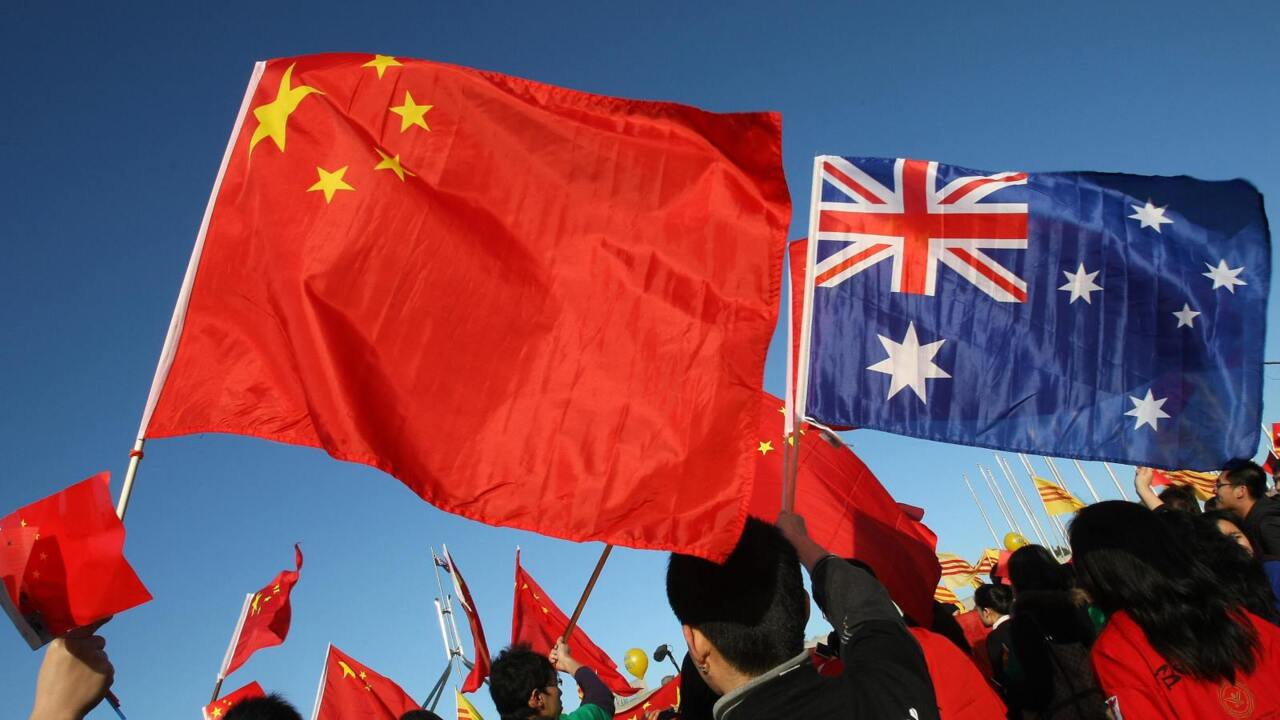
Business
Don't miss out on the headlines from Business. Followed categories will be added to My News.
In a string of coincidences from China’s pledge to review on its near three-year regime of wine tariffs, the biggest state to benefit from the review is South Australia: home to foreign affairs minister Penny Wong.
The move by Beijing to potentially lift the crippling tariffs shows tensions between China and Australian have entered a new phase since the Covid-era freeze under the Morrison government.
And a planned visit by Anthony Albanese early next month for a meeting with President Xi Jinping speaks volumes, representing the first time an Australian prime minister has visited China in seven years.
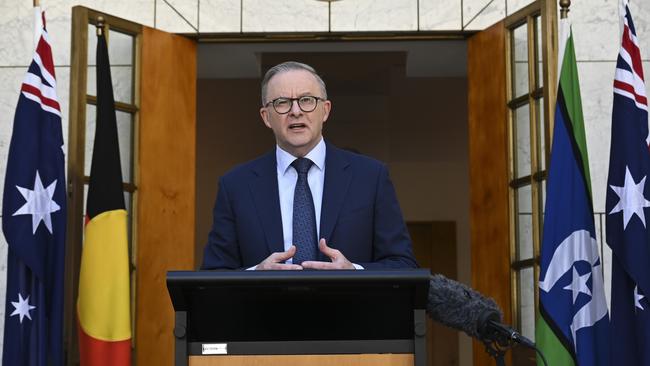
China is indeed paving the way for Albanese’s visit to go as smoothly as possible. Of $20bn worth of tariffs slapped on Australian goods at its peak, with the possible removal of wine Beijing has removed all but the last $800m, with rock lobsters still being taxed and some abattoirs blocked from supplying beef.
The big breakthrough in relations came earlier this year with the symbolic removal of an “unofficial ban” on coal sales. Then Beijing scrapped the 80 per cent-plus tariffs on barley in recent months. Since March 2021, wine sales had faced punishing tariffs of as much as 218 per cent, virtually shutting down the entire market for Australian producers.
The human level of the thawing of relations has been significant with the release earlier this month of journalist Cheng Lei, who had been detained for three years. She has now been reunited with her family in Melbourne. Wong too was instrumental in Lei’s release.
The rapid thawing of relations – moving closer to normalisation – will be met with relief from Australian exporters, although executives remain cautious about jumping back in to China at a pace set before Covid. Many still carry financial scars after much of their growth bets on China quickly went bust.
Businesses have sharply cut back investment and even pulled long-serving executives back from China – as well as Hong Kong – as tensions reached white hot. Although some of these actions were also in response to China’s harsh Covid measures.
US companies have also expressed concerns about their business links. Their willingness to increase investment in China is declining while the nation is no long a “strategic priority”, according to AmCham China’s latest business survey.
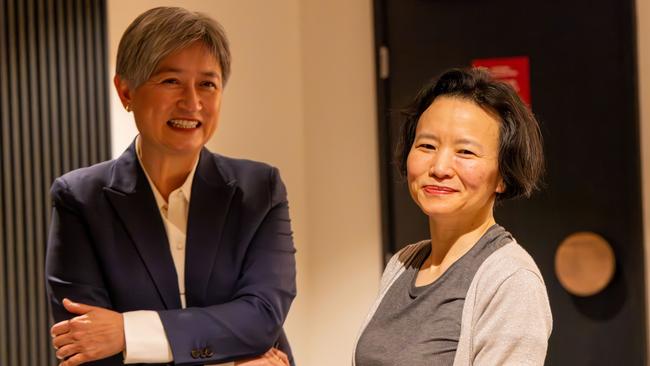
And from the Middle East conflict to Russia’s war with Ukraine and even Taiwan simmering, there’s plenty of live geopolitics still at play. And history shows diplomatic tables can turn at any moment, including a US presidential election to be held in 12 months time.
Like most things in diplomacy there are strings attached on China’s promise over wine tariffs, including a five-month wait while the policy is “reviewed”.
Penfolds maker Treasury Wine Estates is easily the biggest winner of the tariff removal, but its shares and sales have still not fully recovered from when the Australian wine was locked out of what was once its single biggest market.
Treasury Wine chief executive Tim Ford, while welcoming the chance to rebuild his China business, noted this would not be “at the expense of the long-term growth opportunity in other key markets”. For a player like Treasury this would be a two to three-year rebuild back into China and no one is talking about the lofty pre-Covid sales targets again. Treasury Wine shares were up just 1.4 per cent on Monday.
All about timing
Even so, China is clearly is making a lot of concessions to Australia. The question is why now?
China watchers say there is a growing recognition inside Beijing that China has made a lot of enemies through the Covid pandemic and the strategic ones in particular need to be repaired.
China’s massive trillion dollar Belt and Road policy aimed at developing countries has delivered only mixed results on regional influence, with some infrastructure projects stalled or have left host countries saddled with debt.
China too also recognises that after the initial pain of tariffs, Australia was able to find other markets for its exports and minimise the damage.
Treasury Wine shifted some sales to the US, Europe, Middle East and other parts of Asia from a Singapore hub. Wisely, Treasury Wine had quietly kept its distribution channels open in China and even sought to bypass tariffs by making a top-end Chinese-grown and produced Penfolds wine.
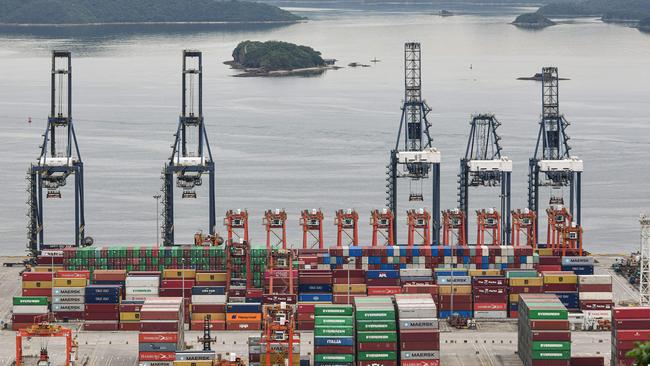
But ultimately tariffs on Australian barley, coal, timber and wine were a bigger impost on the Chinese consumers and businesses and simply served to push-up domestic costs.
It was significant that iron ore and LNG – crucial commodities needed by China and where Australia dominates global trade – were spared from any tariff hit.
The diplomatic freeze means Australia has been pushed ever closer to the US on defence issues. The creation of the trilateral AUKUS pact that will see the US and UK provide Australia with nuclear submarines has served to strengthen Canberra’s hand on security.
Relations between Washington and Beijing remain frosty, particularly around security, but have stabilised after the Donald Trump era of retaliatory tariffs. There is a prospect of a meeting between President Joe Biden and China’s Xi at next month’s APEC summit in San Francisco. where Albanese is also scheduled to attend.
Australia’s efforts in standing up to China – even though a third of our trade was at stake – was quietly cheered on by other Asian allies including South Korea, Japan and Singapore and this had the optics of undermining Beijing’s regional influence.
Off-ramp
The election of the Albanese government last year was enough to give China a diplomatic off-ramp on the tensions that had been rising.
In Canberra, there is also a new approach to handling our biggest trading partner. Government backbenchers have been told to stay disciplined on China affairs. Those close to the government say comments around China is limited to key Cabinet members including Wong and Albanese. There is a policy that other MPs are “not to go freelance” on China, one senior staffer says.
Wong moved early on working on the relationship as Foreign Minister and has paved the way for other ministers to reconnect with China, including Agriculture Minister Murray Watt and Trade Minister Don Farrell.
Premiers from Western Australia, Victoria and South Australia have represented the forward line of talks with visits to China around trade and tourism. Just last month South Australia’s Peter Malinauskas took a number of the state’s winemakers with him as part of a trade visit to Beijing, which included top officials from the powerful Ministry of Commerce.

When Albanese touches down in Beijing, it will be a very different China from when Malcolm Turnbull visited as PM in 2016 with the giant economy having failed to find momentum after coming out of tough Covid lockdowns.
A collapse in the property market has crippled some national developers and remains a broader uncertainty for consumer confidence. Property sales and investment are down and home prices continued to fall in September. Figures tracked by investment bank Barclays show property sales in 30 major cities fell by 22 per cent on the year during September following a 23 per cent drop in August. Lingering deflation risks point to further slowing of the economy and this will weigh on Australia.
China itself is looking more to export markets to help sustain its huge economy. It wants to be a player in the massive renewable energy spend from exporting electric cars to wind turbines. Here Australia will be a critical partner in supplying hard-to-get raw materials, as well as becoming important customer for the energy technology produced by China’s factories.
Paradice flies
Just a little more than week out from Qantas’ annual meeting, influential stockpicker David Paradice reckons the airline’s board performance has fallen short.
Paradice’s $15.7bn funds group that shares his name held a meeting with both former boss Alan Joyce and incoming chief executive Vanessa Hudson shortly after the airline’s full year results in August.
While this was before the explosive ACCC alleged “ghost flight” legal action was launched, Paradice put the pressure on both airline executives to start addressing customer complaints and staff morale.
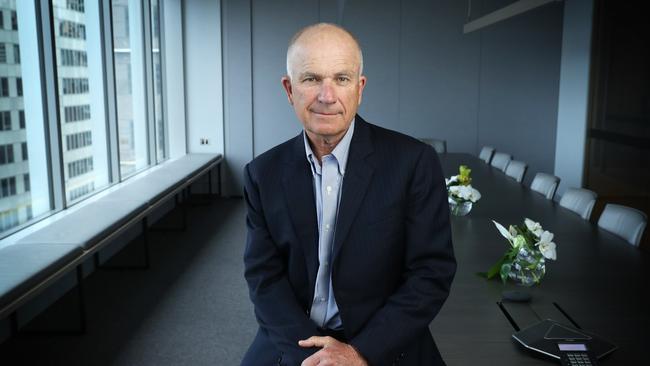
Then after the ACCC legal action was launched in August, Paradice wrote to Qantas chair Richard Goyder expressing concern regarding Qantas’ “ongoing reputational damage and the need to restore customer trust”.
Goyder, who has since flagged plans to retire next year, was also told that a haircut of executive bonuses and remuneration clawback options should be applied “to appropriately reflect the poor outcomes seen”.
“Unfortunately to date, the (Qantas) Board response has fallen short. We will continue to engage the company in advance of the forthcoming annual general meeting,” Paradice told clients.
The Qantas annual meeting will be held on Friday November 3 with proxy advisers recommending a vote against the airline’s remuneration report.
Paradice’s Australian Equity fund, which has beaten the index on a three-year measure, delivering 14.3 per cent annualised, has increased the defensive tilt but is now trimming back some growth stocks and bond proxies. It remains underweight technology, real estate and infrastructure. It has added ResMed, Goodman Group and BHP to the fund. Sell downs included CSL (high priced relative to bonds), James Hardie (high interest rates to hurt sales) while IDP Education and Mirvac were sold after a period of outperformance.
johnstone@theaustralian.com.au
More Coverage
Originally published as Wine tariffs show betting on China still a high-risk business



